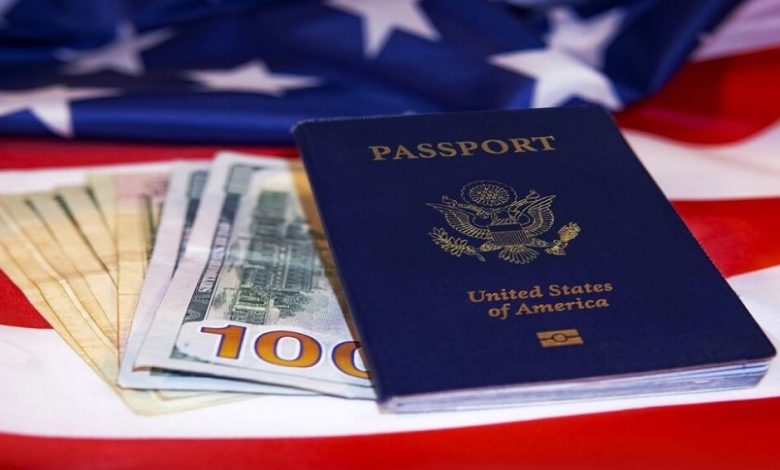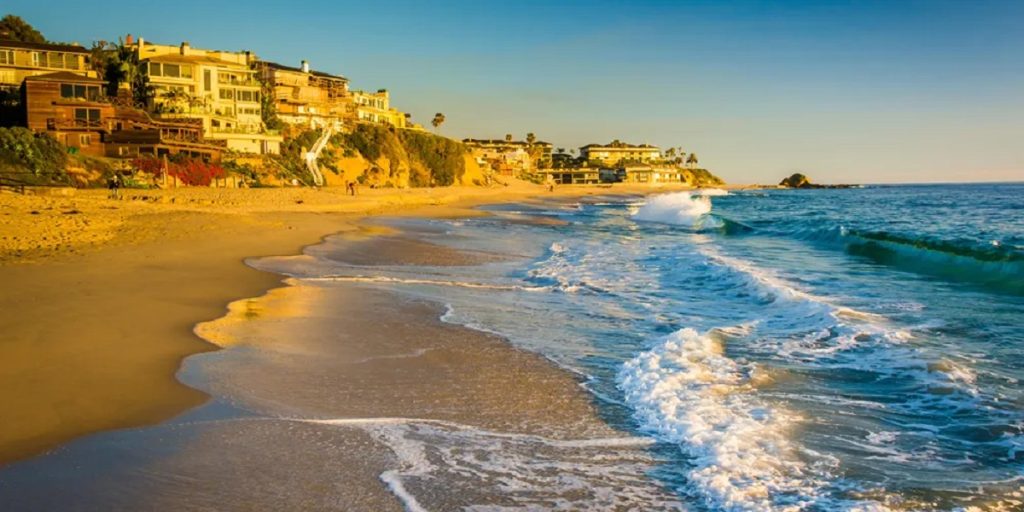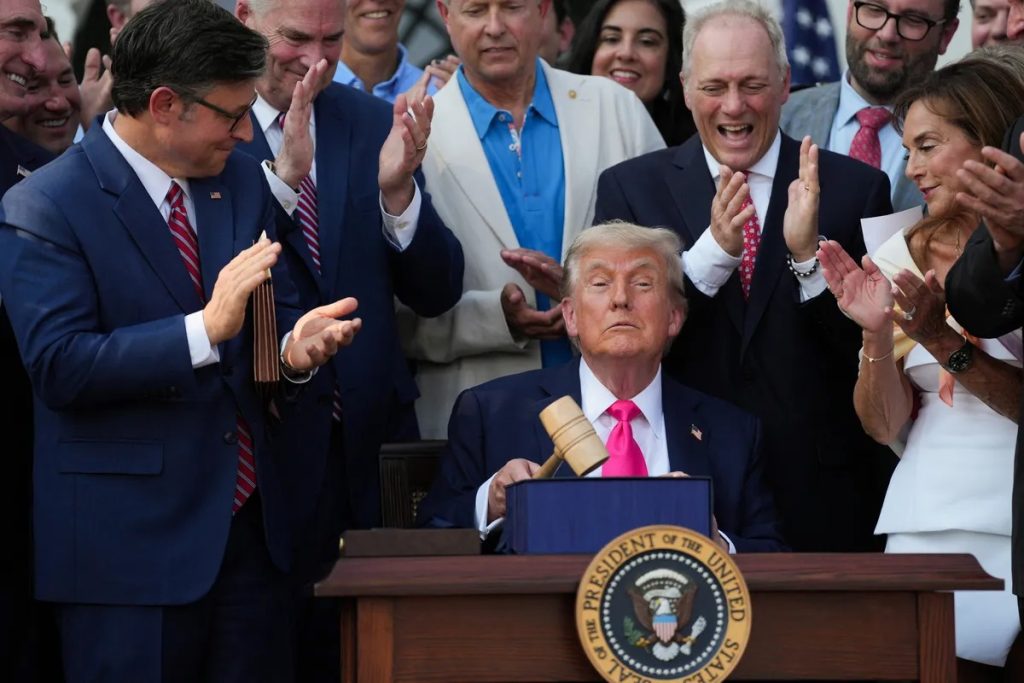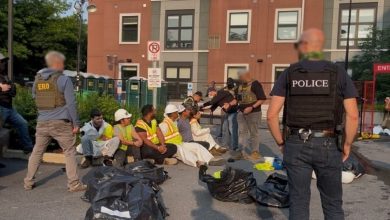New U.S. Visa Fees Threaten Tourism Recovery Amid Declining International Arrivals
Trump’s immigration policies and $250 visa surcharge add pressure on travelers, raising costs and weakening America’s global tourism appeal.

The United States has imposed a new $250 fee on incoming travelers for visa screening, which may increase pressure on the struggling travel sector as the number of foreign arrivals continues to decline due to President Donald Trump’s immigration crackdown and hostility toward many foreign countries.
According to Reuters, the number of foreign tourists arriving in the U.S. fell by 3.1% year-on-year in July to 19.2 million visitors, based on U.S. government data.
This marked the fifth consecutive monthly decline in 2025, defying earlier expectations that the annual number of foreign visitors would finally surpass the pre-pandemic level of 79.4 million.
Rising Costs
The new visa fee, set to take effect on October 1, poses an additional obstacle for travelers from countries not exempt from visas, including Mexico, Argentina, India, Brazil, and China.
The extra fee raises the total visa cost to $442, one of the highest visitor visa fees in the world, according to the U.S. Travel Association.
“Any friction we add to the traveler’s experience will significantly reduce travel volumes. By the end of summer, this issue will become even more urgent, and we’ll have to include the fee in travel budgets and required documents,” said Gaby Rizzi, head of Altour Global Travel Management.
Spending by international visitors in the U.S. is expected to fall below $169 billion this year, compared with $181 billion in 2024, according to the World Travel & Tourism Council.
These fees reinforce the negative perception of the U.S. under Trump, whose policies on immigration, cuts in foreign aid, and broad tariffs have eroded America’s appeal as a tourist destination—even with major events such as the 2026 FIFA World Cup and the 2028 Los Angeles Olympics on the horizon.

Visa Duration Restrictions
Last Wednesday, the Trump administration proposed a new federal regulation aimed at limiting visa duration for students, cultural exchange visitors, and foreign journalists.
Earlier in August, the administration also announced that the U.S. could require bonds of up to $15,000 for certain tourist and business visas under a pilot program beginning August 20 and lasting for about a year, in an effort to reduce visa overstays.
In December 2024, Tourism Economics, an Oxford Economics subsidiary, predicted that international travel to the U.S. in 2025 would rise more than 10% year-on-year. But sector director Aran Ryan later said it was instead expected to decline by 3%. “We see this as a sustained setback, and much of it is driven by current administration policies,” he added.
Who Is Most Affected?
The impact of the new visa fees will likely be most severe for Central and South American countries, which had been rare bright spots for U.S. inbound travel this year.
As of May, travel from Mexico to the U.S. rose nearly 14% in 2025, according to the National Travel and Tourism Office. Arrivals from Argentina were up 20%, and from Brazil 4.6% year-to-date. Overall, Central American arrivals increased by 3%, and South American arrivals by 0.7%, compared with a 2.3% decline from Western Europe.
In China, arrivals remain depressed since the pandemic, with July figures still 53% below 2019 levels. The visa fee also threatens travel from India, where visits have dropped by 2.4% this year, driven by an 18% decline in student numbers.
For some travelers, the higher visa cost will simply be absorbed as part of an already expensive trip to the United States.

Traveler Concerns
The U.S. has long been selective about who it admits. “If your financial situation isn’t strong, getting a visa has always been difficult,” said Su Shu, founder of China-based Moment Travel in Chengdu.
James Kitchen, a travel agent and owner of Seas 2 Day & Travel, said that as foreign visitors face higher entry costs, American travelers are worried about reciprocal restrictions abroad.
“Travelers are concerned about retaliatory fees that may be imposed in the coming months,” he added.



